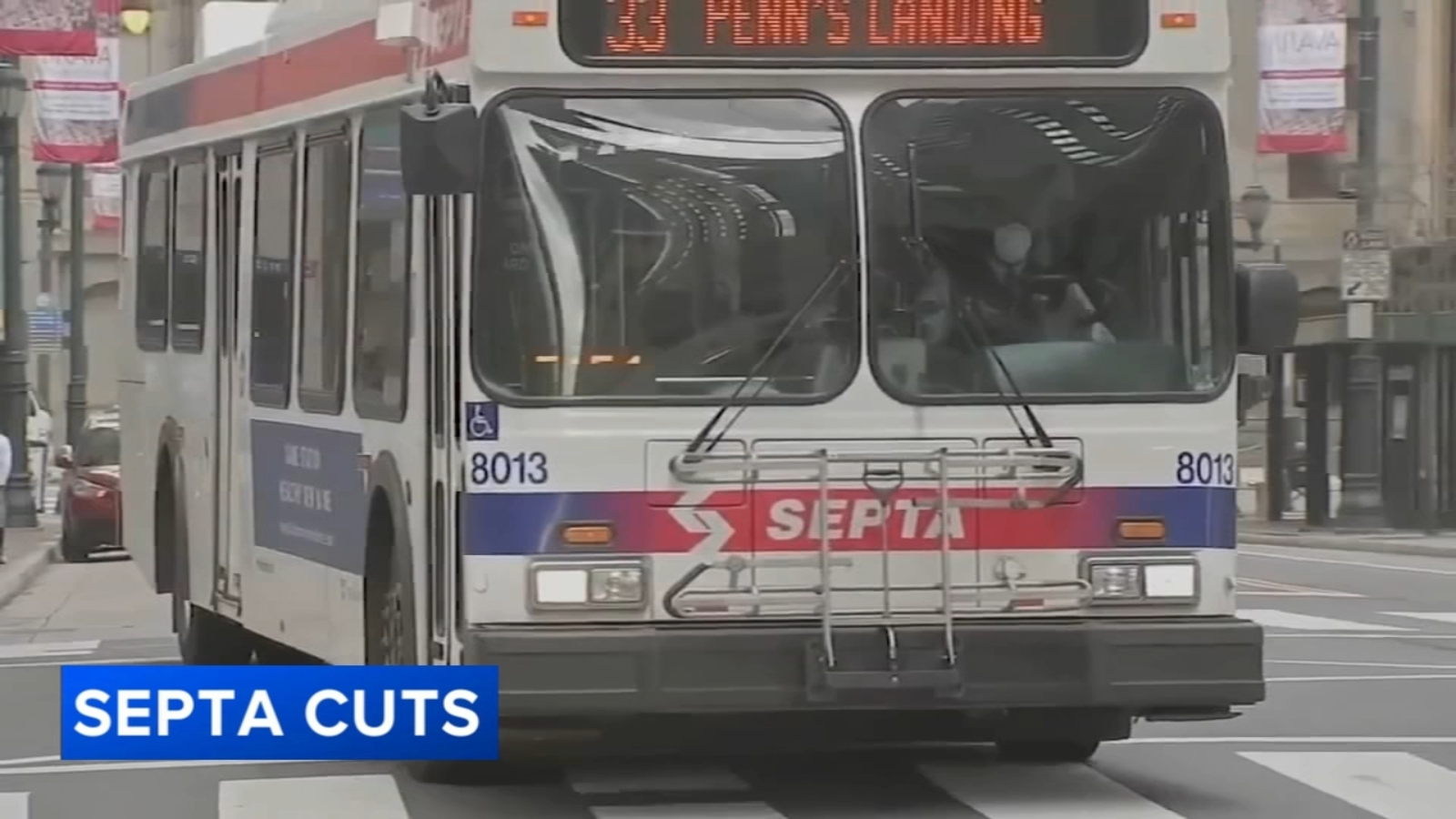The Southeastern Pennsylvania Transportation Authority (SEPTA) is advising parents and students in Philadelphia to prepare for significant service cuts scheduled to begin on August 24, 2023. This decision is part of a “doomsday budget” that was approved at the end of June due to a projected deficit of $213 million. As a result, SEPTA plans to reduce its services by 20%, which will heavily impact the daily commutes of thousands of students.
According to SEPTA spokesperson Andrew Busch, the cuts will affect all modes of transportation. “It’s going to affect everyone who has to get to these schools, whether they’re using SEPTA or trying to drive and there’s more congestion on the roads,” Busch stated. He emphasized that even when a route is still operational, there will be significantly less service available, which will create challenges for students and commuters alike.
In the previous academic year, over 198,000 students attended schools within the School District of Philadelphia. This means that approximately a quarter of those students relied on SEPTA services for daily transportation. As a precaution, school leaders plan to meet with SEPTA officials next week to discuss the impending service changes and explore alternative arrangements should state lawmakers fail to secure funding for public transportation in the upcoming fiscal year.
The anticipated cuts have raised concerns among parents and educators. Steph Davis, a parent from South Philadelphia, expressed her worries, stating, “We have a 12-year-old who goes to school in West Philly, and she is going to have a very hard time getting there.” Davis highlighted that her daughter typically takes the Route 10 trolley, which is expected to be replaced by a bus service, complicating her commute.
SEPTA has indicated that the service reductions may lead to longer commute times, increased crowding, and diminished reliability, particularly in the Northeast and Northwest regions of the city. Educators are also voicing their concerns. Andrew Saltz, a teacher based in South Philadelphia, noted, “Everything for everybody is going to get a little worse.” He fears that the reductions could result in many students arriving late or missing school altogether. Saltz remarked, “What are we telling them?” in reference to the compounded challenges students face, including those stemming from the COVID-19 pandemic and urban violence.
In addition to discussions with the School District of Philadelphia, SEPTA is engaging with local universities to address the impact of these service cuts. Temple University leaders recently communicated with their community, urging them to consider alternative transportation solutions. The university’s statement referenced a 2022 Transportation Survey, which indicated that around 12,000 students, faculty, and staff rely on SEPTA for commuting. They warned that the service cuts, in conjunction with a curfew, could necessitate an additional 2,000 individuals driving to campus each day, exacerbating parking challenges.
As the situation develops, SEPTA continues to encourage families to consider alternate transportation options to minimize disruptions to students’ commutes. The urgency of this matter highlights the broader implications of public transportation funding and its direct effect on education and community mobility in Philadelphia.
